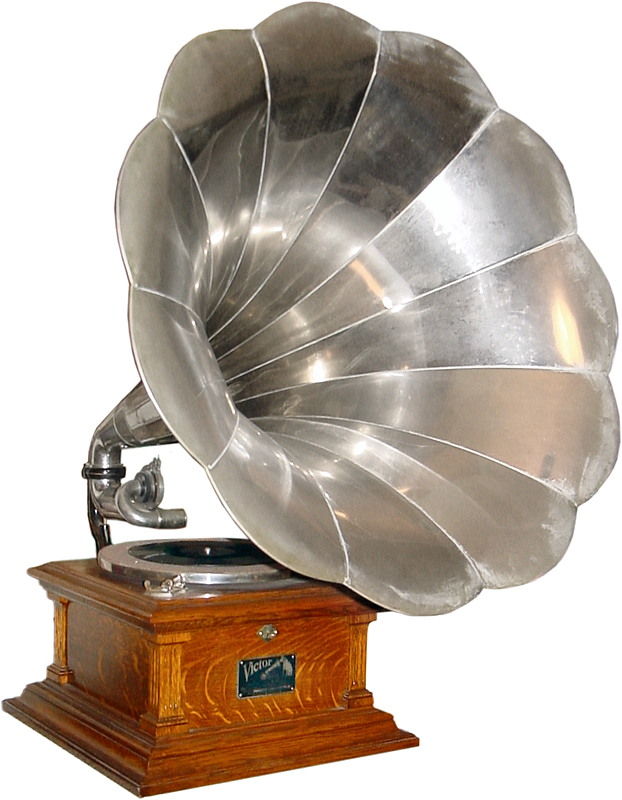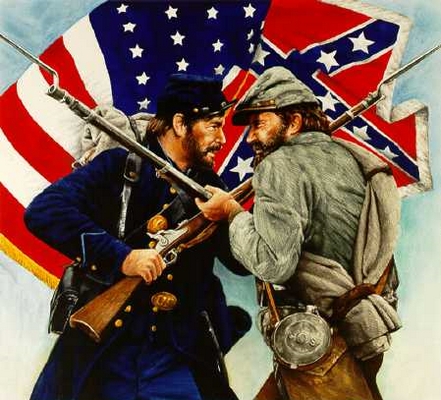
The Civil War was a time of shame for America. Or possibly, maybe this election is up there near that. Fighting amongst ourselves like children. Charming. Obviously, though, slavery is significantly worse than a sexist, racist man, and a woman who has done some questionable things with emails and other things.
“No evidence that thousands of blacks fought for the confederacy.” Part of me wouldn’t be surprised if they were signed up against their will, but so much livelihood depended on slavery, that why would they pull them? Then again, I’m unsure of the cost-benefit analysis of that. Also, maybe some of them signed up, to be taken to areas controlled by the north and to escape. Then what about their family?
[After writing, I just remembered I have a letter that my dad found at this house that showed how much the cost of a slave was, $450 in 1812. Who would want to lose that much money?!]
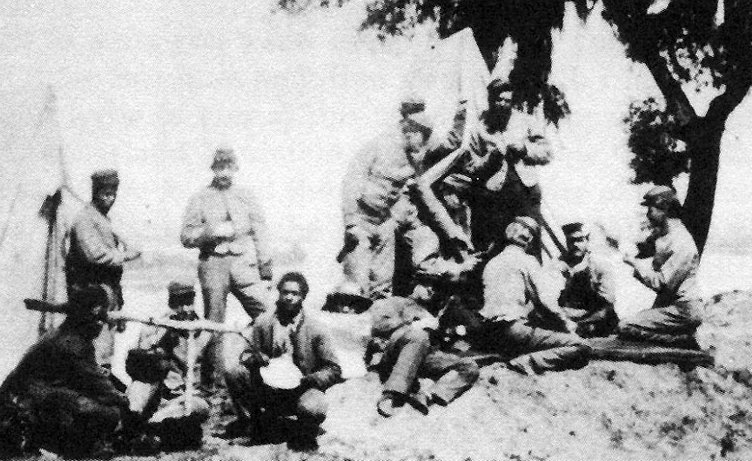
We also mentioned in class arming them. If there was a disgruntled slaved, could he not take a gun and kill his own troops? If a slave felt like he was going to die anyone, wouldn’t he want to go out with dignity and taking someone with him? That sounds pretty romanticized now that I think about it. I’ll probably just blame media and it’s depiction of situations like that for that thought.
Louisiana Native Guard- Mixed group of creoles. Believed to be a group that fought for the south. Uncropped photo showed they were actually a part of the North. Ha. But, this made me curious about finding out what the internet says about this fact. First stop: Google.
I typed in “african americans in the confederate army” and the first website that popped up was The Root. This website article claimed that, yes, thousands of blacks did right for the confederate army. I tried to look for direct sources in the article, but all I could find was a bit about the author at the end.
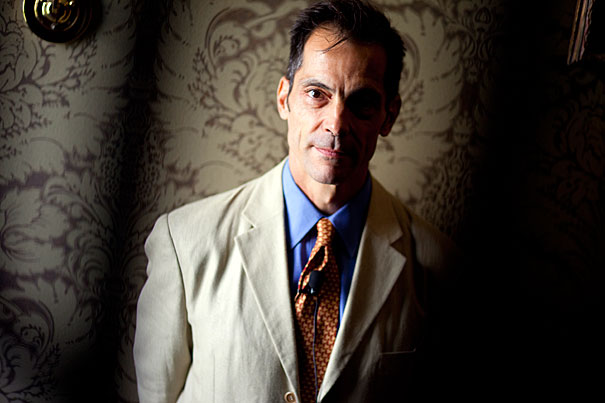
“John Stauffer is a professor of English and African and African-American studies, and former chair of American studies, at Harvard University. He is the prize-winning author or editor of 14 books, including The Black Hearts of Men: Radical Abolitionists and the Transformation of Race; Giants: The Parallel Lives of Frederick Douglass and Abraham Lincoln; and The Battle Hymn of the Republic: A Biography of the Song That Marches On (with Benjamin Soskis).”
Oh, that’s a pretty good resume which would mean he had some qualifications in the subject. I found another article by him here: http://news.harvard.edu/gazette/story/2011/09/black-confederates/.
This one painted a clearer picture of there being “thousands” but that was less than 1% of the army. So, it’s really not as sensationalized as we believe.
HistoryNet claims there were also black confederate soldiers, but mainly as a labor force. So many there were a few legit black soldiers, but it seems like most were labor. Not a surprise, given the rights, or I should say lack thereof, they had in the south.
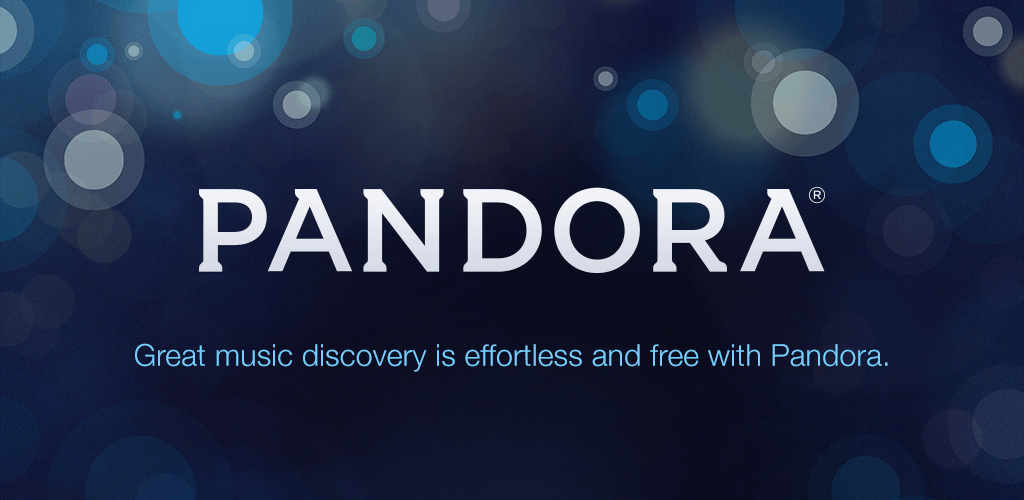


 Source: https://en.wikipedia.org/wiki/Mickey_Mouse
Source: https://en.wikipedia.org/wiki/Mickey_Mouse









